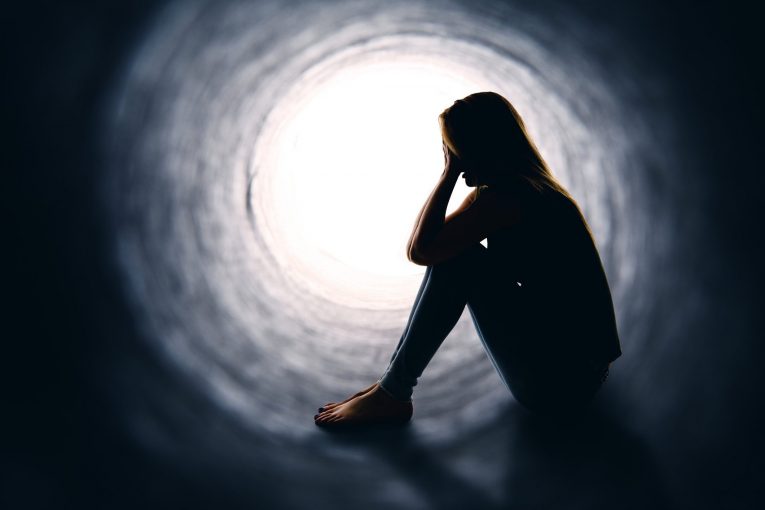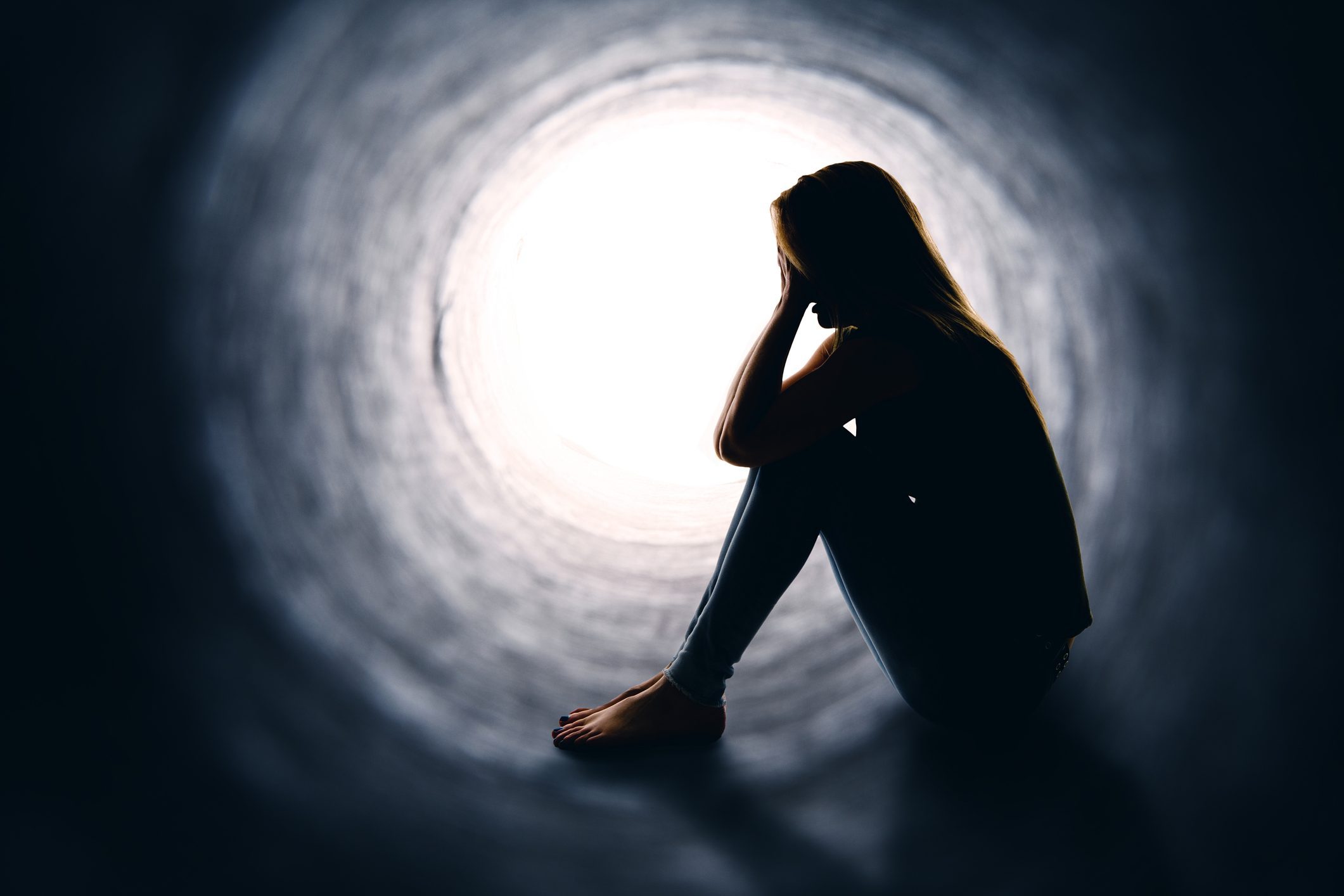
 by Danielle Harris –
by Danielle Harris –
Our mental health crisis is not a tragedy waiting to happen, as some would have it. The tragedies are happening, have happened, and continue to happen. They are stacking up one on top of another. Many politicians—past, present, and would-be future—are hand-wringing about the issue. One recently asked the right question: “Do we have the will to head the tragedy off?” Do we really care? Beyond the headlines and the rhetoric?
So far, no. The obstacle is the belief that the criminal legal system is the answer. But we have been locking people up for manifesting mental illness for decades. If jail and criminal court were the answer, the problem would have been solved long ago.
The data is in: Mentally ill persons spend longer in jail and in solitary confinement than others similarly charged, they are victimized in jail more, and they reoffend at a higher rate; this is all the more true when mental illness is exacerbated by substance use. Even with in-custody treatment, experts like renowned social psychologist Craig Haney recognize that the setting is not “compatible with the kind of supportive therapeutic milieus that the mentally ill require.” Rather than preventing future violence, locking up the mentally ill is what a recent Stanford report calls “a trajectory back into the criminal justice system.” Effective community-based treatment, on the other hand, can lead to long-term stability and safer communities.
The rhetoric that the mentally ill should be “held accountable” for the symptoms of their mental illness misunderstands and stigmatizes millions of sufferers. The National Alliance on Mental  Illness estimates 11.2 million people suffer serious mental illness every year. Those millions are no more responsible for their symptoms than are millions of cancer patients. A person with an initially treatment-resistant mental illness is no more at fault than a person with an antibiotic-resistant staph infection. It is time to stop trying to selectively hold people accountable for things they do not control.
Illness estimates 11.2 million people suffer serious mental illness every year. Those millions are no more responsible for their symptoms than are millions of cancer patients. A person with an initially treatment-resistant mental illness is no more at fault than a person with an antibiotic-resistant staph infection. It is time to stop trying to selectively hold people accountable for things they do not control.
Yet, authorities prosecuting Austin Vincent—who got violently lost in his illness a few weeks ago, to the detriment of a woman in his path—are again treading this failed ground. The court did not do the right thing in jailing Mr. Vincent, it did the political thing. Mr. Vincent is not resistant to treatment: When Mr. Vincent was initially released to a supervised pretrial program he was “the model client.” He cooperated with every aspect of his treatment plan and was successfully placed in a live-in program. Moreover, when others came forward to blame Mr. Vincent for something he had not done, he came to court, knowing he would be jailed. He did not cut off his ankle monitor and flee, as the court sarcastically noted others have done. Mr. Vincent appeared in good faith, believing that the judge would similarly do so upon proof he was misidentified.
This faith in the court was sadly misplaced. When Mr. Vincent’s alibi checked out and the second set of charges was dropped, the original judge dodged him. Then, a second judge—who made the unusual move of watching the case from the get-go as a court spectator—stepped in to fix the court’s public image problem, illegally overruling his colleague and ordering Mr. Vincent jailed pending trial. Good faith and modern-day data be darned.
So, do we have the will? Do we care enough about the thousands of mentally ill in SF to treat them properly before irreversible tragedy occurs? Do we want to make the investment in Mr. Vincent now, with a residential treatment plan already in place, before he is further traumatized by months and months of lock-up? Or should we keep him jailed pretrial, watch a fully-informed jury refuse to convict (as have juries in many cases where violence was plainly driven by mental disorders), and see him back in the place he started, released to the street with no plan and no services?
We all want a safe city for ourselves and our families. Like many, I am raising kids in San Francisco, one daughter who rides Muni alone daily, the other who will be doing so before I know it. But unlike some, I do know why struggling people are not getting the help they need. As a 20-year public defender, I know what our criminal legal system does and does not do. I know that my mentally ill clients often walk free without a support net, because they are mistreated as criminals instead of cared for as patients. I know that, so far, we do not have the will. I so hope our elected leaders can find it before the next preventable tragedy hits. Danielle Harris has been a deputy public defender since 1999 and is the Director of Public Integrity for the San Francisco Public Defender’s office.
Danielle Harris is Director of Public Integrity for the San Francisco Public Defender’s Office





